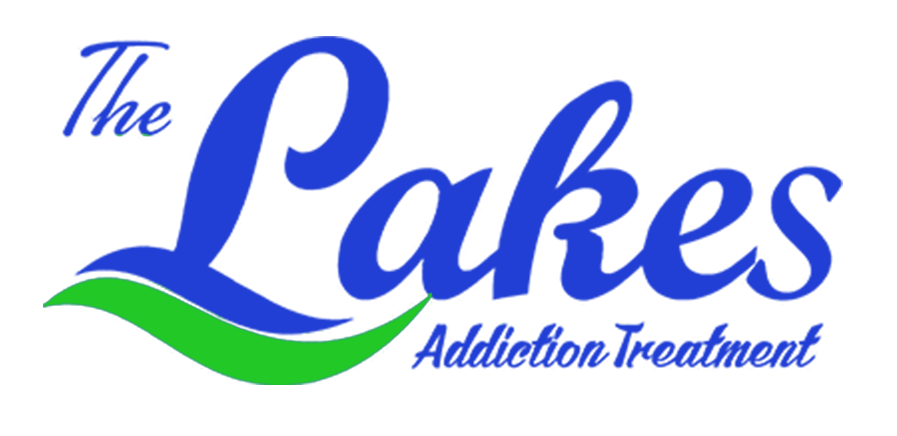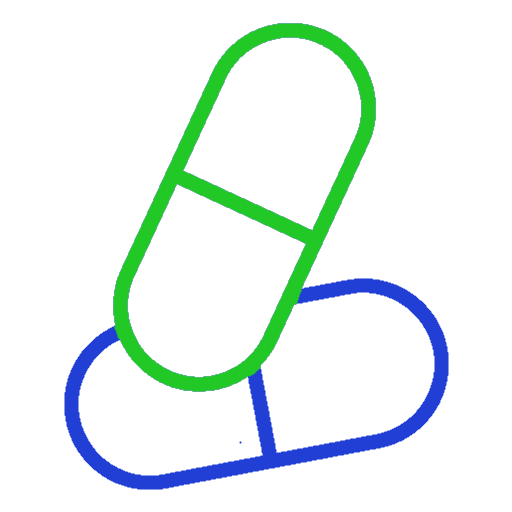November 2nd is National Stress Awareness Day, which is a great time to reflect on how we individually handle stress. For some people, it could be vacations or self-care. For others, the answer is drugs and alcohol.
While substances like these may provide temporary relief, they are not healthy ways to manage stress in the long term. They could potentially make your situation worse — for you, your family, and the ones you love.
This blog will discuss healthier ways to manage stress that doesn’t involve harmful substances. We will also look at why so many people turn to drugs and alcohol when they feel stressed and offer tips for admitting when you need help managing your stress levels.
Understanding the Link Between Stress and Addiction
Stress is a significant risk factor for developing an addiction, and it can also contribute to relapse in individuals who are recovering from addiction. For example:
- Chronic stress or acute stress exposure can lead to changes in the brain’s reward system, making it more susceptible to the effects of drugs. When we experience stress, our brain releases dopamine and other neurotransmitters that can create feelings of pleasure and relaxation. While this response is natural, it can also lead to a dangerous cycle where individuals turn to drugs to cope with stress.
- Moreover, chronic exposure to stress can impair cognitive and behavioral control, making it more challenging to resist the urge to use drugs. This impairment can weaken an individual’s ability to make rational decisions and maintain self-control, increasing the likelihood of drug abuse.
- The physiological response to stress can also exacerbate withdrawal symptoms and cravings, making recovery more difficult and increasing the risk of relapse. Understanding the intricate link between stress and addiction is crucial for developing effective strategies to manage stress and support long-term recovery.
What Kinds of Stress Make Addiction Worse?
As we know, stress can impair cognitive control, affecting the brain regions responsible for executive functions and decision-making, which can lead to addiction. Increased levels of stress result in decreased cognitive and behavioral control, heightening the risk of impulsivity and maladaptive behaviors.
- Early life stressors, such as childhood maltreatment, can lead to increased vulnerability to addiction. Early life stress also enhances drug self-administration and reinstates drug-seeking behaviors through detrimental alterations in neurobiological systems. Negative affect, resulting from chronic stress, contributes to addiction vulnerability by linking adverse life events to increased drug use and relapse risk.
- Pharmacological and psychological challenges can elevate stress-related hormones, increasing craving and relapse. Chronic stress and adverse life experiences can alter stress and reward circuits, impacting brain structures involved in processing emotions and rewards. Stress exposure correlates with increased initiation and escalation of substance use, as well as heightened craving and relapse susceptibility.
- Stress-induced reinstatement plays a significant role in triggering relapse in individuals with addiction. The stress response, managed by the brain through the HPA axis and various stress hormones, influences behavior and addiction potential. Stress responses are altered by both acute and chronic drug use, leading to changes in hormone levels and emotional states.
Healthy Chronic Stress Management Techniques
Stress is a natural part of life, and it can be difficult to manage without turning to unhealthy coping mechanisms such as drugs and alcohol. However, there are healthy ways to deal with stress that can help you feel better both physically and mentally.
Here’s how.
1. Exercise
Physical exercise is a great way to relieve stress, and it doesn’t have to be intense or time-consuming to be effective. Taking a few minutes to walk outside or do some simple stretching can help your body to relax and reduce the level of stress hormones in your bloodstream.
2. Meditation
Mindfulness meditation is another excellent way to manage stress, and it can be done anywhere at any time. Simply focus on your breath and allow yourself to become aware of the present moment without judgment. Over time, mindfulness meditation can help change how you respond to stress, making it easier to deal with everyday challenges.
3. Healthy Diet
Eating a nutritious diet with plenty of fruits, vegetables, whole grains, and lean proteins can provide the body with the energy and nutrients it needs to manage stress effectively.
4. Getting Enough Sleep
Prioritize getting adequate sleep each night. Quality sleep is essential for managing stress and promoting overall well-being.
5. Engage in Hobbies and Activities You Enjoy
Take time for activities that bring you joy, whether it’s reading, art, playing a musical instrument, or pursuing any other hobby or interest that helps you relax and unwind.
6. Practice Self-Care for Mental and Physical Health
Take care of your physical, mental, and emotional well-being. This may include engaging in self-care activities like taking a bath, practicing self-reflection, journaling, or engaging in activities that promote self-compassion and self-care.
7. Establish a Support System for Substance Use Disorders
Seek support from friends, family, or a support group. Sharing your feelings and concerns with others can provide emotional support and help alleviate stress.
There are many other healthy ways to manage stress, so experiment until you find what works best.
How To Make Your Stress Worse
Many people turn to drugs and alcohol to cope with stress, but this can actually worsen your stress levels.
For example, when you’re under the influence of drugs or alcohol, your body goes into fight-or-flight mode, which means that your heart rate and blood pressure increase, and your body releases stress hormones. This can make you feel more anxious and stressed and interfere with your sleep.
Using addictive substances as a coping mechanism can also lead to addiction, which brings about its own set of problems. You may also worsen mental health conditions or an unrealized dual diagnosis, as repeated stress will worsen anxiety disorders and put you at increased risk of addictive behaviors.
Manage Stress and Addiction with The Lakes Treatment Center
If you’re struggling with drug or alcohol addiction, The Lakes Treatment Center can help you on your path to recovery. Contact us today at (209) 309-3573 to discuss your options for stress processing and addiction treatment.







